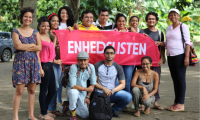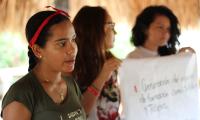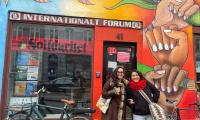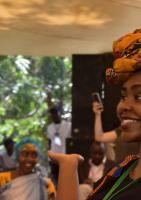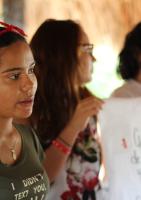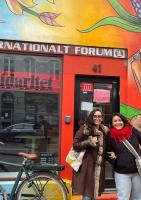Colombia
The government reached a peace agreement with FARC in 2016
Colombia is one of the oldest democracies in South America but has a long history of violent internal conflict between both left- and right-wing militant groups and the government.
After four years of peace negotiations, the Colombian government entered into a peace agreement with the major rebel group “The Revolutionary Armed Forces of Colombia” (FARC) after 40 years of civil war. The peace agreement created hopes that, finally, something could be done against the inequality that had fostered the conflict. As part of the peace agreement, a truth and reconciliation committee was appointed. The committee has since actively investigated crimes committed by all actors in the conflict.
The election in 2019 resulted in the election of the left-wing former guerilla Gustavo Petro to the presidency. It is the first time a left-wing president has gained power democratically. For many, the decision represents the strength of the democratic institutions in Colombia and their faith in the peace agreement.
Still, Colombia stands before many internal and external social challenges, such as refugees, political persecution, inequality, and violence. Destabilising forces can undermine the peace process. The sustainability of peace is highly dependent on a strong Colombian civil society and international pressure on the country.
Read more about the partnership on the partnership page below.
Population: 52,156,254.
Liberal Democracy Index: 0.54*
[LDI captures both electoral and liberal aspects of democracy]
Proportions of Seats held by Women in Parliament: 28.9%**
Proportions of Seats held by Youth under 30 in Parliament: 6.7%**
*V-Dem Institute
**IPU.org

